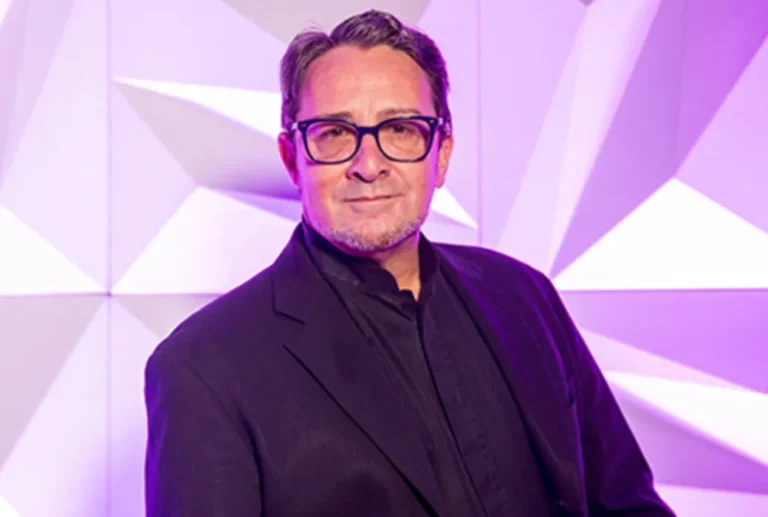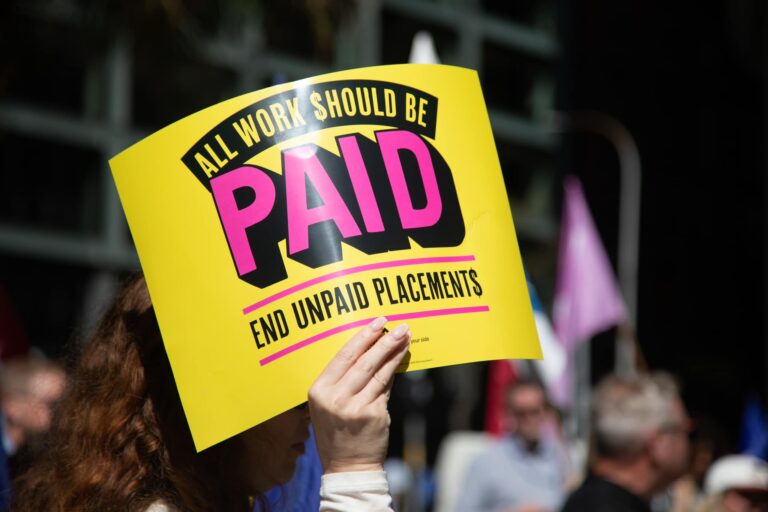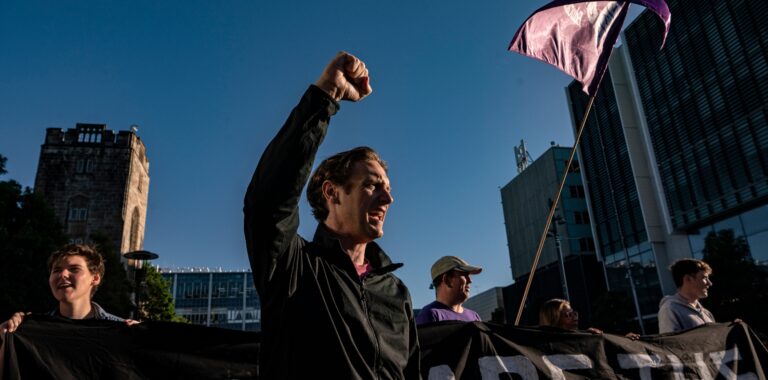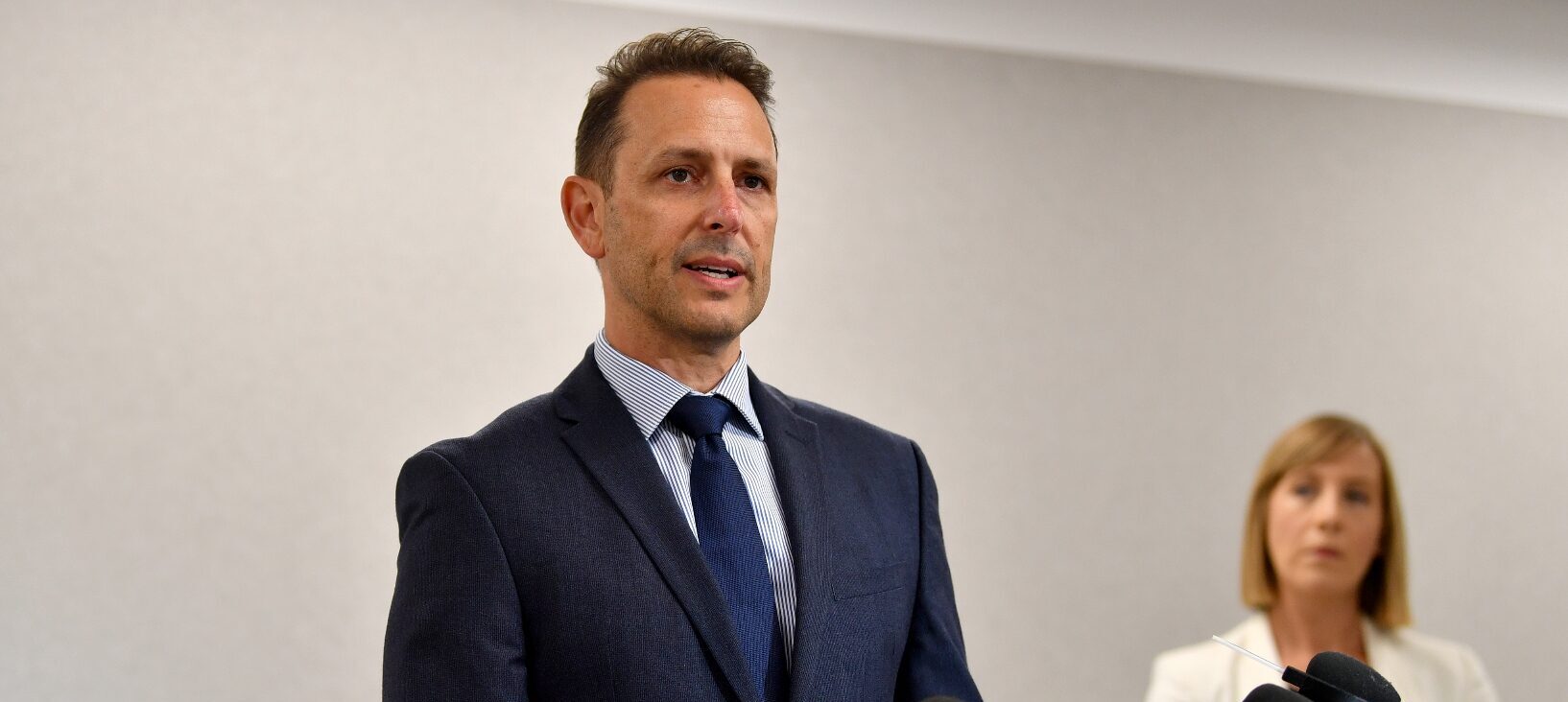
Businesses told to borrow, not save
The economy will face harsher times ahead if businesses continue to save instead of borrow, a financial expert warned earlier this month at a forum.
NAB business finance executive Joseph Healy spoke at a Sydney luncheon organised by the Committee for the Economic Development of Australia.
Commercial borrowing levels have dropped to a four-decade low this year, meaning that businesses are holding onto cash and reluctant to invest in new technologies.
Mr Healy said the downturn is partly because economic problems in Europe have impacted investor confidence in Australia.
“As much as we might moan and complain sometimes about our economy, there is no developed economy anywhere in the world that you would rather be in, live in and think about the future in than this economy,” he said.
“We are in a very distinctive set of circumstances here.”
Sydney Business Chamber director Patricia Forsythe spoke on behalf of city businesses and emphasised the importance of strong leadership to
restore investor confidence.
“We need a new spoon of optimism and clearly some strong leadership at the political level, at the business level,” she said.
Ms Forsythe also called for political changes, saying: “It can’t come soon enough that we have a revision of the planning system, that we have a review of local government, that we have an attitude now of encouraging business . . . we have to de-risk the system.”
Both speakers discussed the potential consequences of continuing underinvestment, and Mr Healy highlighted the plight of the Eastman Kodak company, which went into administration in January.
He described the company as “one of the great icons of the business world.”
“That company failed to adapt to a changing world even though it had all of the tools and resources to adapt, but failed to do so,” he said.
ABC economics correspondent Stephen Long says there are spending opportunities in mining, but other factors hamper enthusiasm for investment.
“High Australian dollar, uncertain global outlook and high interest rates [are] hitting demand and investment,” he said on Twitter.
The retail sector is reluctant to spend money at a time when consumers are less willing to buy.
Speaking to the Australian Financial Review, Harvey Norman co-founder Gerry Harvey said “It’s got to the stage where there’s no incentive to open a major new store in Australia.”
“Our rate of expansion in Australia would be lower now than it’s ever been.”
However, the Managing Director of Sydney energy provider Ausgrid, George Maltabarow, has highlighted the need for investment in infrastructure, which he says has been neglected for years.
“Previous regulatory regimes were overly focussed on price outcomes at the expense of . . . timely investment,” he said.
“And that means we’re having to catch up and invest now, which means consumers are paying for it all in one hit.”
Employers are also more likely to be “firing than hiring, saving than spending” as underinvestment continues, according to Mr Healy.
By Declan Gooch









